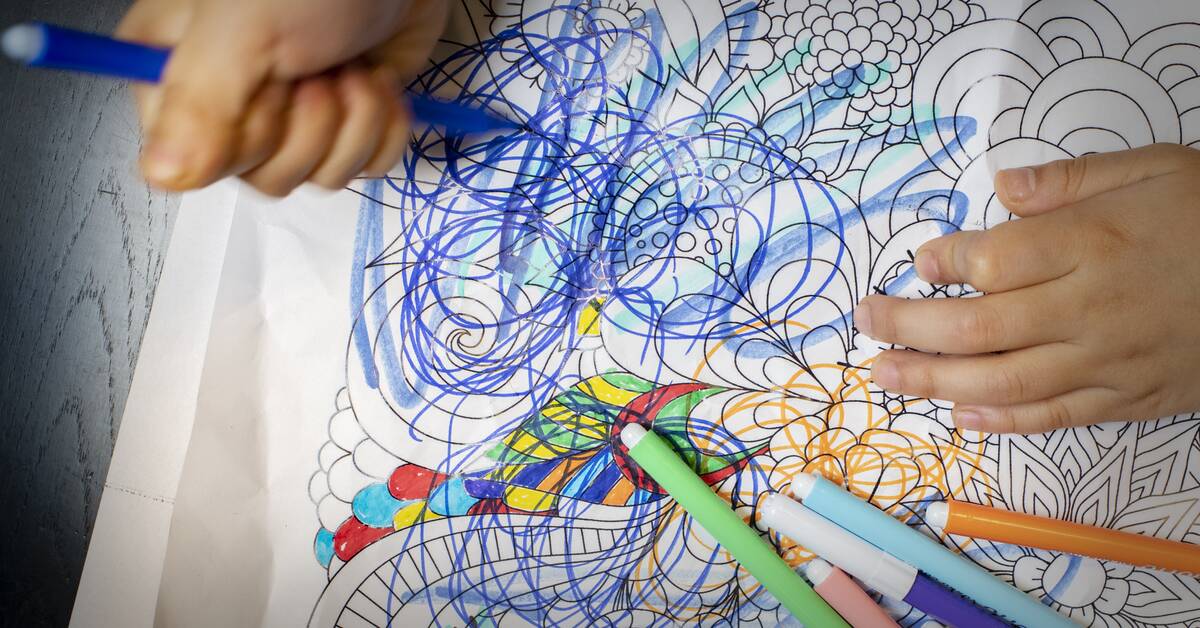The National Board of Health and Welfare has for the first time produced national guidelines for care and support for ADHD and autism.
In the document, which was presented on Thursday, it is stated that 5-7 percent of all children and 3 percent of all adults in Sweden have ADHD.
It also states that 1-2 percent of the population has autism.
- When it comes to ADHD and autism in particular, we have seen for a long time in Sweden, just like internationally, that there is an increase in this group in society.
It is thus a fairly large group today and it continues to grow, both among children and adults, says Mattias Fredricson, head of unit for the National Board of Health and Welfare's guidelines.
"Should not require a diagnosis"
The new guidelines, which are based on research and studies, contain 44 recommendations which are now primarily addressed to decision makers responsible for resource allocation within, among other things, health and medical care, student health and social services.
There, among other things, earlier interventions are recommended to reduce the difficulties for people who are suspected of having ADHD and autism.
- It is an important message in the guidelines.
A diagnosis should not be required in order to receive support measures, says Mattias Fredricson.
At the same time, it is recommended that people after completion of the investigation, regardless of whether a diagnosis can be made or not, continue to receive help.
"Some people fly under the radar"
According to the National Board of Health and Welfare, it is estimated that around 25 percent of all inmates in correctional facilities have ADHD or autism.
Of the children who are placed in locked SiS homes, 40-50 percent are said to have a neuropsychiatric disability, studies show.
- If these people receive support and interventions that are adapted at an earlier stage, society will be able to calculate it in costs that do not occur, says Fredricson and emphasizes that not everyone with an ADHD or autism diagnosis has problems with addiction or crime.
The guidelines also recommend more individually tailored investigations and that knowledge of neuropsychiatric impairments be increased among healthcare and social service personnel.
- What we can establish is that some people fly under the radar.
It could be people whose mother tongue is other than Swedish, it could be older people.
It is also the case that women and girls are not detected to the same extent, says Mattias Fredricson.

